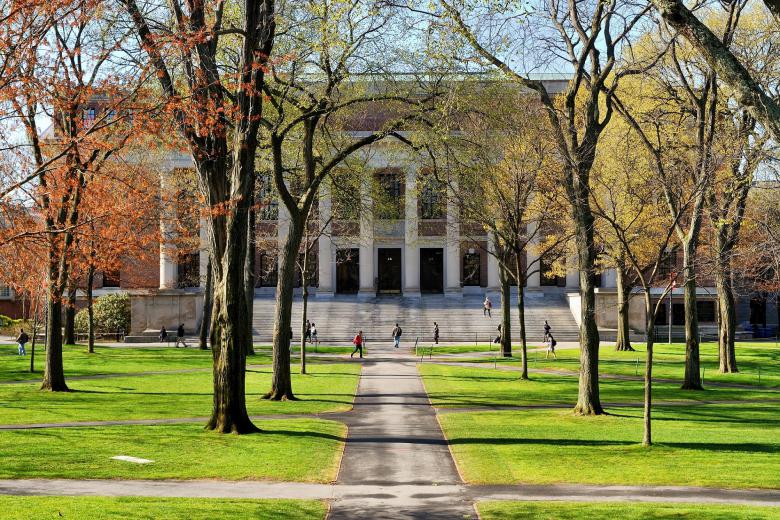- +1 624 518 1345
- [email protected]
Three Reasons to Study in the U.S.
By Stephanie Small
Perhaps you're intrigued by the idea of studying in America, but you're also feeling a little overwhelmed. You might be daunted at the thought of navigating an educational system in an unfamiliar country, the high tuition rates, the language or perhaps the culture; all of which may be very different than that of your home country. While it's true that it can be intimidating to step out of your comfort zone, there are many benefits to be gained when you study in the U.S.
Here are three great reasons to pursue higher education in the U.S.A.
1. Choices
There are over two thousand colleges and universities in America. They're located in areas ranging from small, rural towns to large, busy cities. They may be near the coast, in the middle of farm land or close to mountains. Some are known for intellectualism, or a strong arts scene or fantastic sports teams. Each institution boasts strengths in different academic areas, and they may even offer courses that you can’t find at schools in your home country. The point is, America’s truly the land of choice – just check out our supermarkets – and the wide range of possibilities applies to higher education, too. You can probably find your perfect match in America, simply because there are so many options to choose from.
2. Reputation
America is home to world-renowned colleges and universities. America's universities boast a nearly-unparalleled reputation for academic excellence, with some of today's brightest minds on faculty. According to the US News and World Report’s Top Ten Universities, American schools account for six of the world’s top ten universities. If you think you’ve got a shot at Harvard, Yale, or M.I.T., why not go for it? Even if you don’t attend one of the top-tier schools, a degree from a solid university in America demonstrates your capabilities and skills to potential employers for years to come.
3. Relocation
Are you considering permanent – or at least semi-permanent – relocation to America in order to pursue your career? According to the Institute of International Education (IIE), as of 2010/11, the number of international students in the U.S. increased to a record high of 723,277 students, a 32% increase since 2000/01. An American education can facilitate networking, which will help you with job placement post-graduation. It will also help you acclimate to the local culture, and it’s a great way to initially “test drive” an American experience without making the commitment to a permanent move. Your higher education years are an ideal time to try out new experiences, as well as a time to start building your academic and professional reputation. Attending university in America can offer you the opportunity to do both simultaneously.



This article provides a brief overview of the benefits of and differences between English as a Second Language (ESL) programs and Intensive English Programs (IEPs).
This article outlines the different types of US institutions and a few types to choose the best type for you.
This article outlines some of the United States’ most broad and common social norms and gives tips for interacting with them.
Learn more about the field of business administration, management, and operations in the U.S.
To master the TOEFL, one must practice and prepare for it over time. The following article provides advice for practicing and preparing for the TOEFL.